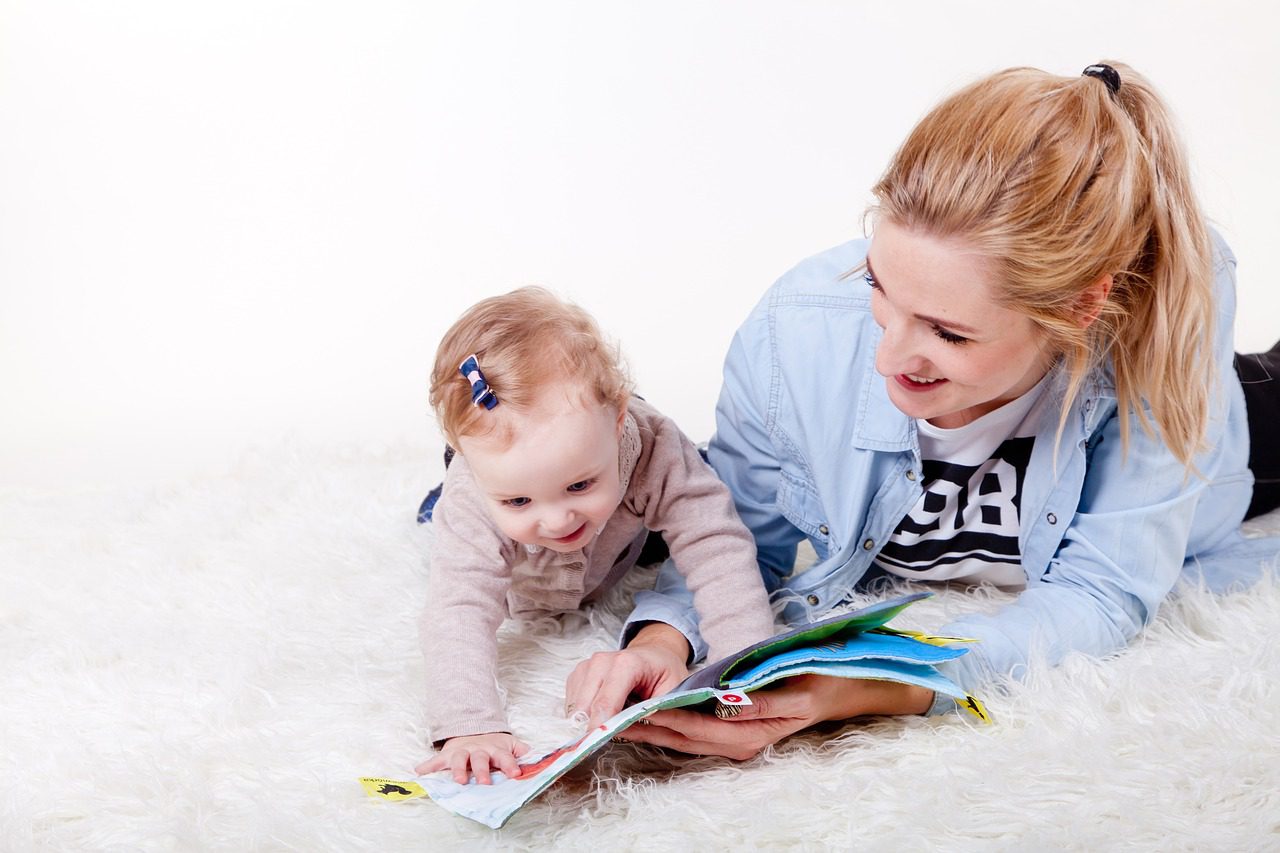This is the 21st century, and we’re living in 2021. This simply implies that we need to come out of our cocoon and act wisely. That being said, this does not apply to kids. Kids learn what we teach them. As a result, we need to be socially active to learn some of the...
Necessary Social Skills Every Kid Should Know
Continue Reading









